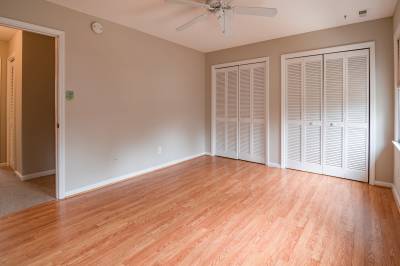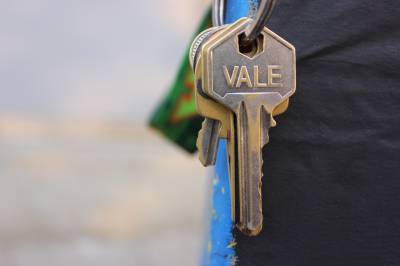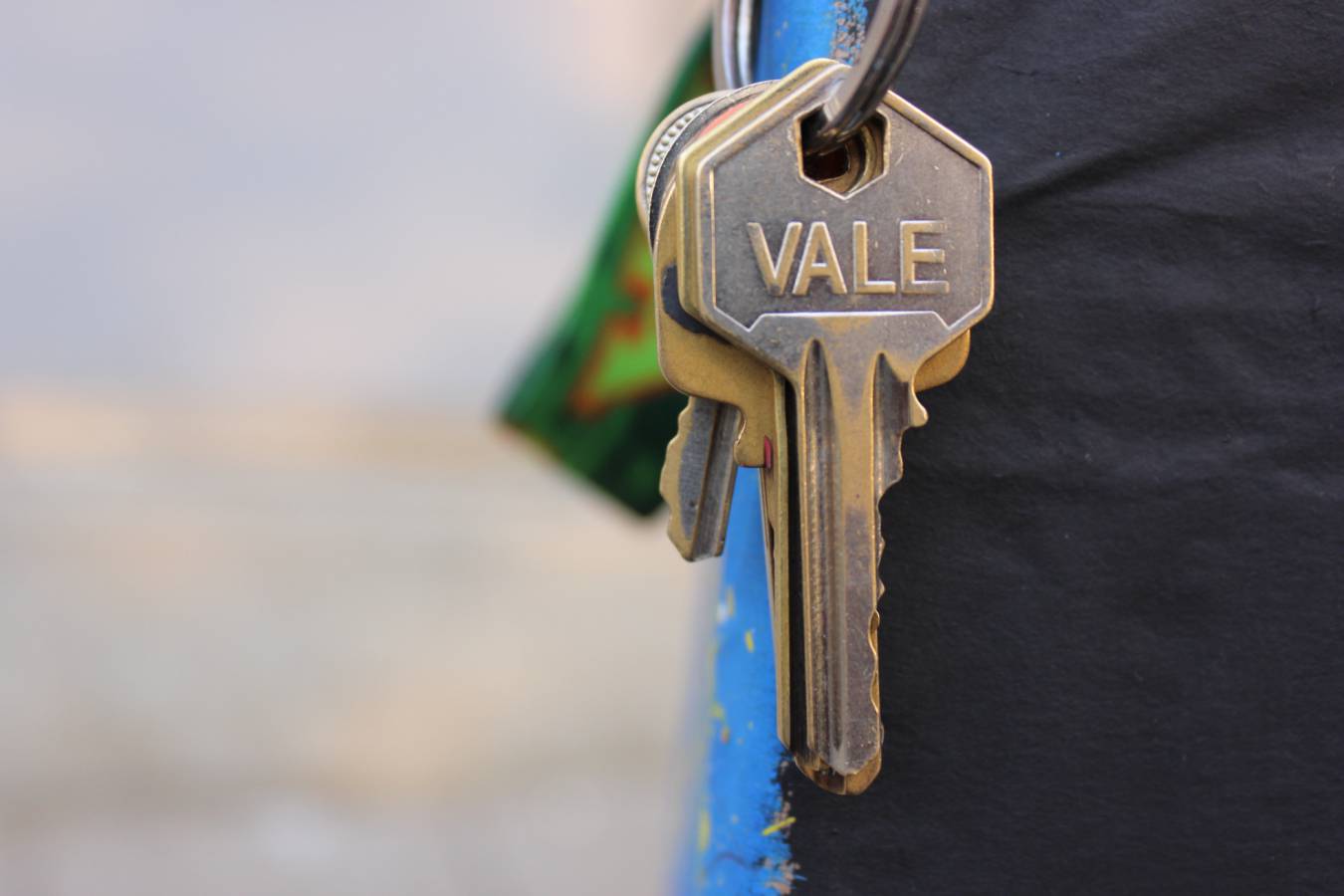Landlord Insurance.
What is landlord insurance? Landlord insurance is similar to home insurance, but it's specifically designed to cover rental properties. The three main types of landlord insurance are buildings, contents and liability insurance. Beyond these, there are various add-ons you may find useful, depending on the type of property you're letting.
You'll usually take out insurance on a property-by-property basis, although portfolio policies are available to landlords who own four or more rented homes and want to insure them all at the same time. Types of landlord insurance.
Buildings insurance
Buildings insurance covers any damage to the structure of your property, as well as the cost of rebuilding the home if it's irreparably damaged. You generally won't be able to take out a buy-to-let mortgage without proof of buildings insurance, and most lenders will specify the minimum level of cover you require in their terms and conditions. If the property is a flat within a block, your buildings insurance will usually be part of a shared block policy, which you'll pay for as part of your service charge. It's worth checking exactly what's covered within this and taking out your own additional policy if you want to cover anything that's not included. Buildings insurance policies typically offer cover against the following types of damage: Theft, vandalism, malicious damage (including by tenants) Lightning, storm, earthquake damage (may be limited to the building itself rather than fences etc) Subsidence Burst pipes Fire or smoke Oil or water Impact caused by accidents.
Contents insurance
Contents insurance can usually be taken out as a standalone policy or as an add-on to buildings insurance, and the level of contents insurance you'll need depends on whether you're letting a furnished or unfurnished property. A contents insurance policy will cover the cost of repairing or replacing fixtures and fittings such as carpets, furniture and electrical items if, for example, they're damaged in a flood, and some policies can be extended to cover accidental damage to items. Landlord contents insurance policies only pay out on items that you've provided in the property. Anything that belongs to your tenants, from everyday belongings to furniture, won't be covered, so tenants should take out their own policy.
Liability insurance
Liability insurance covers you if your tenant or a visitor suffers an injury in your property. Also known as public liability cover, this insurance protects you financially against unforeseen accidents, but shouldn't be considered an excuse to not make the property as safe as possible for your tenants. Liability insurance policies often have extremely high coverage limits stretching to millions of pounds, which could be necessary if you're held legally responsible for an accident and need to pay compensation.
Rent receivable insurance/tenant default insurance
Rent receivable insurance (otherwise known as tenant default insurance or rent guarantee insurance) protects you if your tenant falls into arrears and - in some cases - during any void periods when the property is empty. As well as including lost income from missed rent payments, rent guarantee insurance usually includes legal expenses cover, which covers the costs of repossession and eviction proceedings if required. This insurance can be an asset for landlords who rely on rental income to cover their mortgage payments, but check your contract with your managing agent (if applicable) first, as you may already be covered.
Home emergency cover
Home emergency cover offers round-the-clock cover against loss of essential services in your property. These policies cover the cost of repairs and should enable you to get services up and running quickly. Home emergency cover usually offers protection against the following issues: Plumbing and heating problems (you may need to pay extra for boiler cover) Roofing problems Issues with doors and windows Drains, pipes and sewer problems Infestations Electricity problems Lost keys However, past research by Which? has found that home emergency cover isn't always worth buying due to the number of exclusions contained within many policies, so make sure you read the small print before taking out a policy.
Call us on 0161 702 0301
We aim to offer the best possible service




